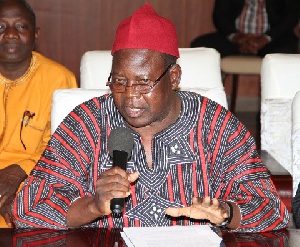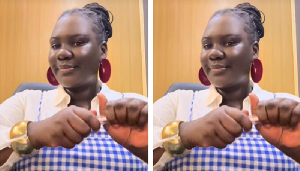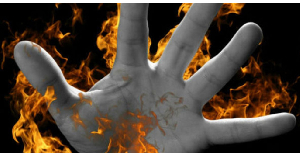The Government of Ghana must demonstrate through action that it is fighting corruption; that is the call from Transparency International’s local chapter Ghana Integrity Initiative (GII).
GII’s call follows TI’s latest Global Corruption Barometer, which said Ghana is Africa’s second most corrupt country.
Ghana was named among the three worst performing countries: South Africa (83%), Ghana (76%) and Nigeria (75%).
The three best-performing countries include: Burkina Faso (28%), Mali (31%) and Cote D’Ivoire (32%). The Global Corruption Barometer seeks to put citizens’ views front and centre in the corruption debate and to make governments aware of what their citizens think of their actions in regard to fighting corruption.
The survey, which was conducted by the Afrobarometer, found that while many Africans view corruption as being on the rise in their own country, and believe their government is not doing well in tackling the issue, there are a small number of countries that are seen to be quite effective in addressing public sector graft.
The Afrobarometer conducted the survey in 36 countries in total across the Africa region. Only the results from the following Sub-Saharan African countries are included in this report: Benin, Botswana, Burkina Faso, Burundi, Cameroon, Cape Verde, Cote d’Ivoire, Ghana, Guinea, Kenya, Lesotho, Liberia, Madagascar, Malawi, Mali, Mauritius, Namibia, Niger, Nigeria, Senegal, Sierra Leone, South Africa, Swaziland, Tanzania, Togo, Uganda, Zambia and Zimbabwe.
Commenting on the development on Class News Hour Tuesday, GII’s Executive Director, Vitus Azeem, told Regina Borley Bortey that: “Government needs to back its words with action.”
“It is not enough to only stand on a political platform or on the state radio and announce that you’re going to act on corruption. People will want to see that you are really acting on corruption. And how do you act on corruption? You investigate promptly, serious allegations of corruption and sanction people that you have found guilty.
“If it means recovering stolen assets, if it means sending people to jail, if it means sacking people from their positions, then you have to do. If you do that to a few people, people will start getting worried and saying: ‘I don’t want to fall in that trap’ then it will reduce, but once you don’t do that people will continue to engage in corruption with impunity,” Mr Azeem said.
General News of Wednesday, 2 December 2015
Source: classfmonline.com













